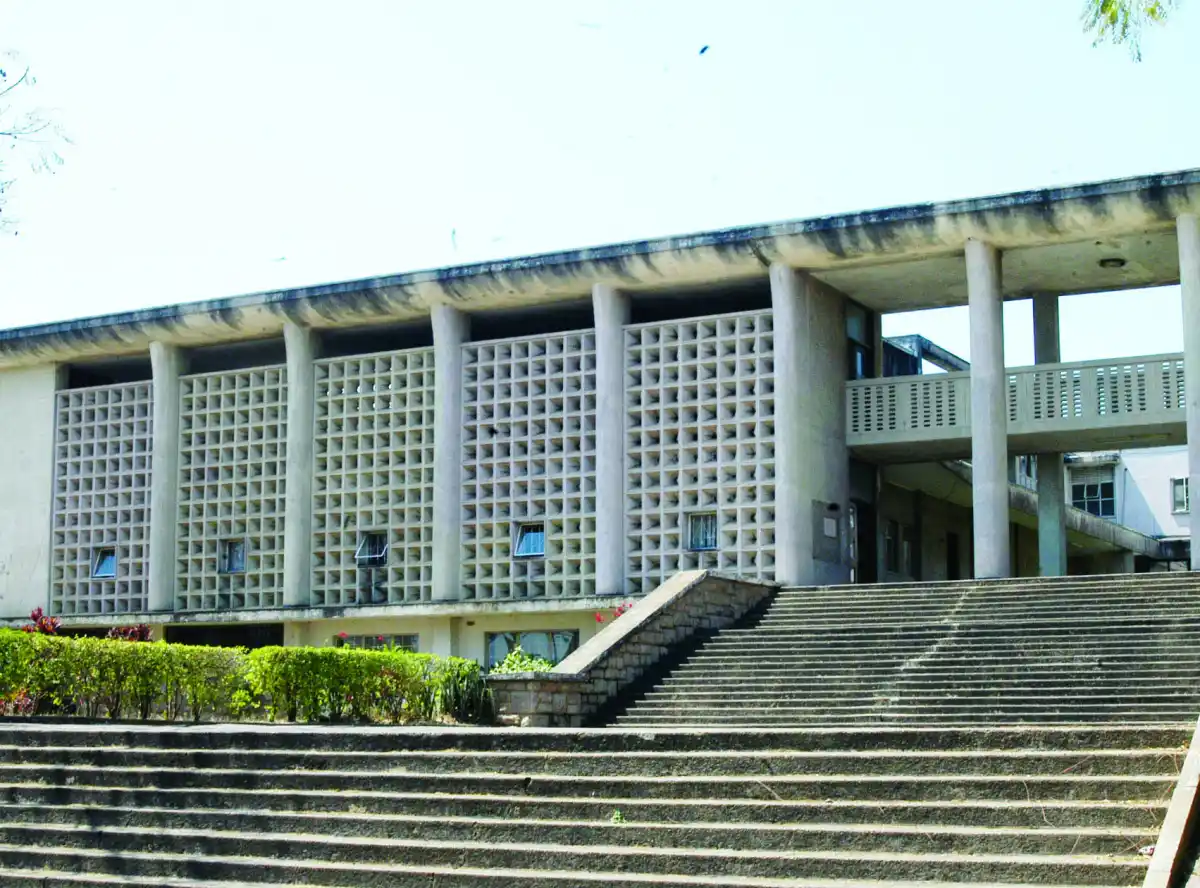
Civil society groups have written the British government, through its National Crimes Agency (NCA), asking it to return to Malawi assets and cash suspected to have been obtained from Malawi through questionable means by businessman Zuneth Sattar.
The civil society groups are led by Malawi’s Youth and Society (Yas) and the United Kingdom (UK)-based Spotlight, both of which work in the governance sector.
Sattar was arrested in 2021 by the NCA over allegations that he was involved in suspected bribery of Malawi Government officials to win contracts for a number of years.
He is yet to be formally charged in court but some of his money in UK banks was frozen and assets such as vehicles impounded.
His alleged accomplices, including some senior officials in Malawi government, were arrested and are under trial in Malawi in multiple criminal cases.

A statement signed by Yas Executive Director Charles Kajoloweka indicates that the two organisations wrote the letter to NCA two weeks ago.
They say they hope that the impounded assets can be used for the benefit of Malawians.
“While acknowledging that charging decisions have not yet been finalised, we strongly urge the NCA to proactively collaborate with the Crown Prosecution Service, ACB [Anti-Corruption Bureau], and relevant government departments to ensure that victim compensation is considered from the earliest stages of the investigation. Integrating compensation into the preparation of any case that proceeds to trial is essential for delivering justice,” the statement reads.
Yas adds that it is disappointing that these commitments have not yet translated into significant compensation for suspected victims in most international corruption cases heard in the UK since the principles were published in 2018.
Yas says ensuring that victims of corruption receive proper compensation is a fundamental aspect of holding suspected corrupt actors accountable and achieving justice.
“The harms caused by corruption extend beyond financial losses, affecting the social and economic well-being of individuals and communities,” the statement adds.
In the letter, dated July 9 2024 and addressed to the NCA, the two organisations ask the NCA to explain the steps it has taken, so far, to apply the Compensation Principles and ensure compliance with the UK’s obligations under the UNCAC in relation to the case involving alleged corruption by Sattar.
“While noting the NCA’s dedication to investigating international bribery and corruption, it is disappointing that these commitments have so far failed to deliver compensation in most international corruption cases heard in the UK since the Compensation Principles were published in 2018,” the letter reads.
According to the letter, under the UN Convention Against Corruption (UNCAC), the UK is obliged to, among other things, ensure that suspected victims of corruption have their views presented and considered at appropriate stages in criminal proceedings (Article 32) and enable those who have suffered damage from corruption to take legal action to obtain compensation (Article 35).
Sattar has been at the centre of a joint probe between ACB and the National Crimes Agency in the UK.
He was arrested in September 2021 and later granted bail.
The investigations are connected to multi-billion Kwacha deals Sattar’s companies allegedly made with government agencies, specifically the Malawi Defence Force and the Malawi Police Service, for food and arms supplies.


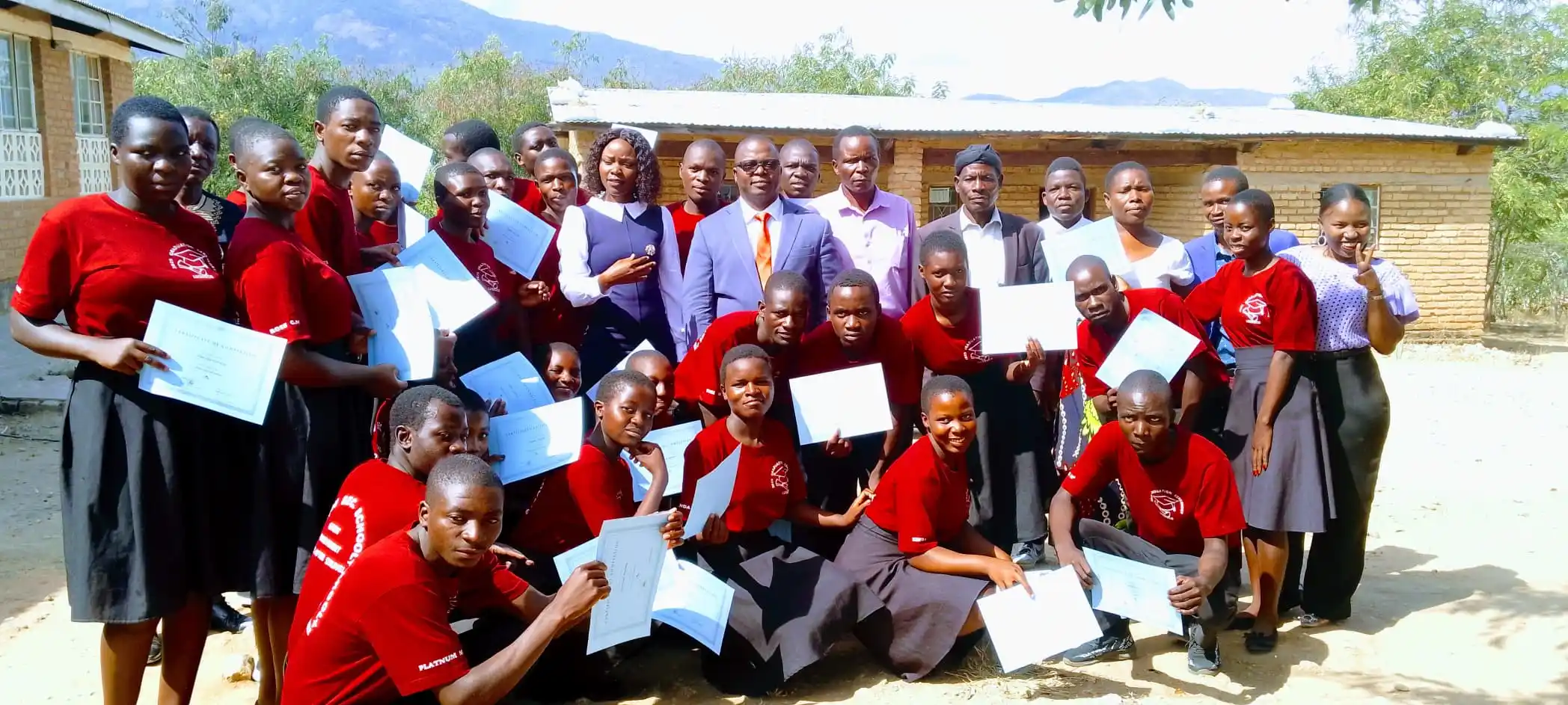
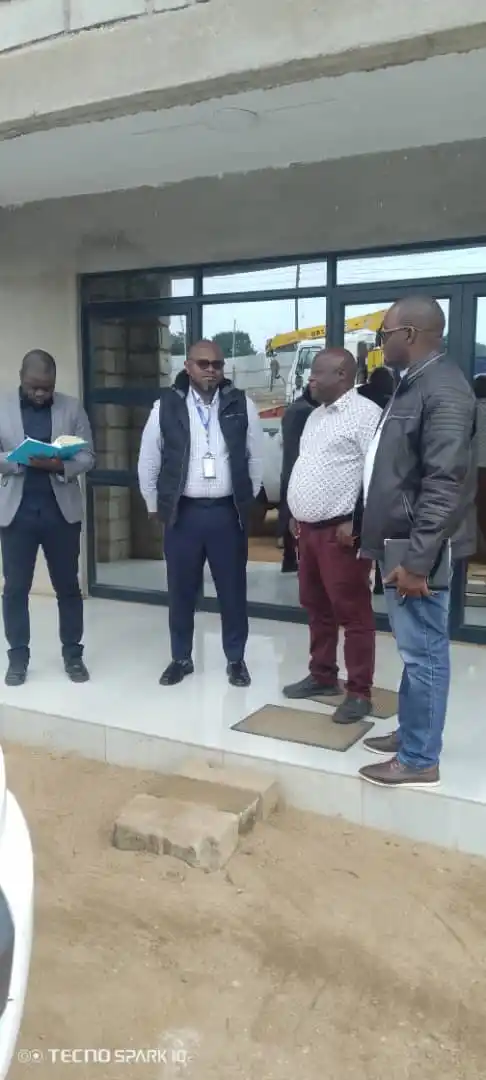
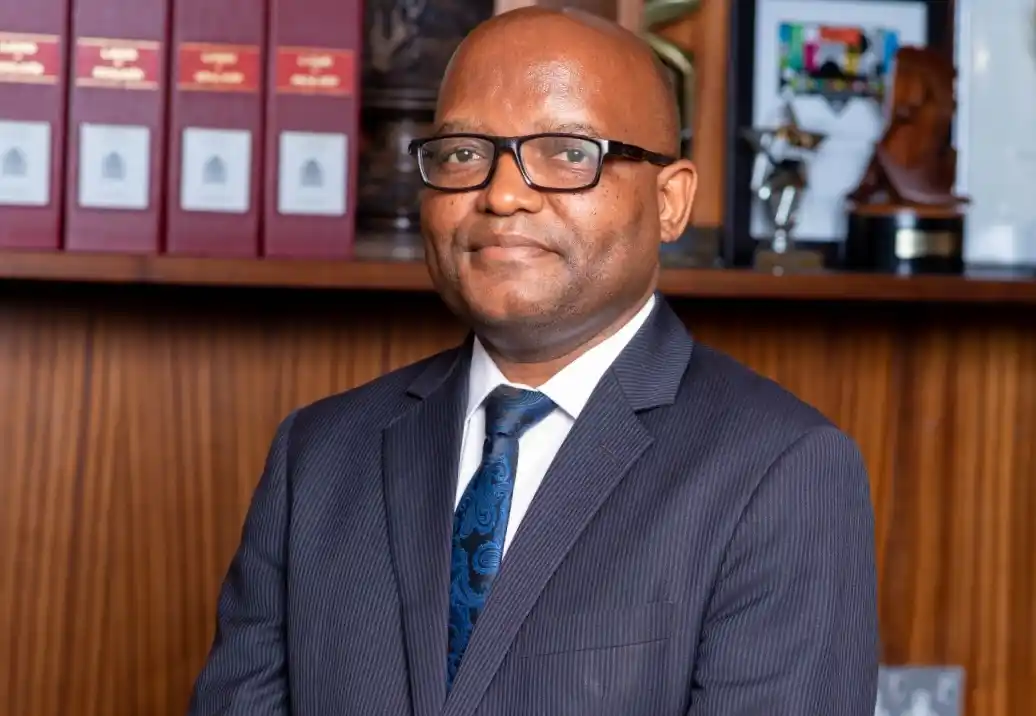
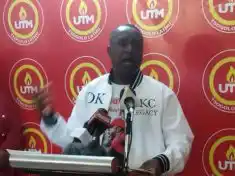


0 Comments